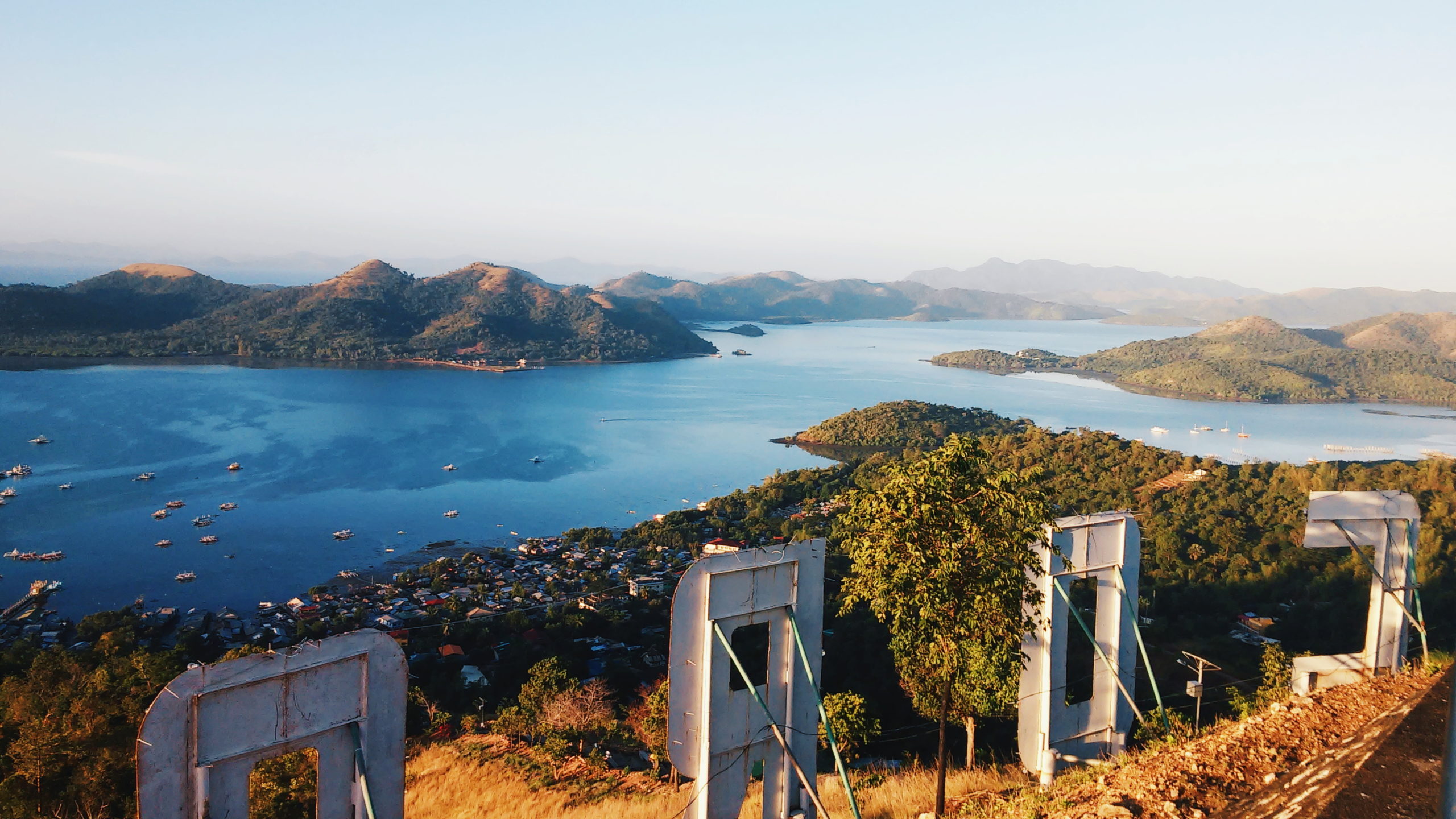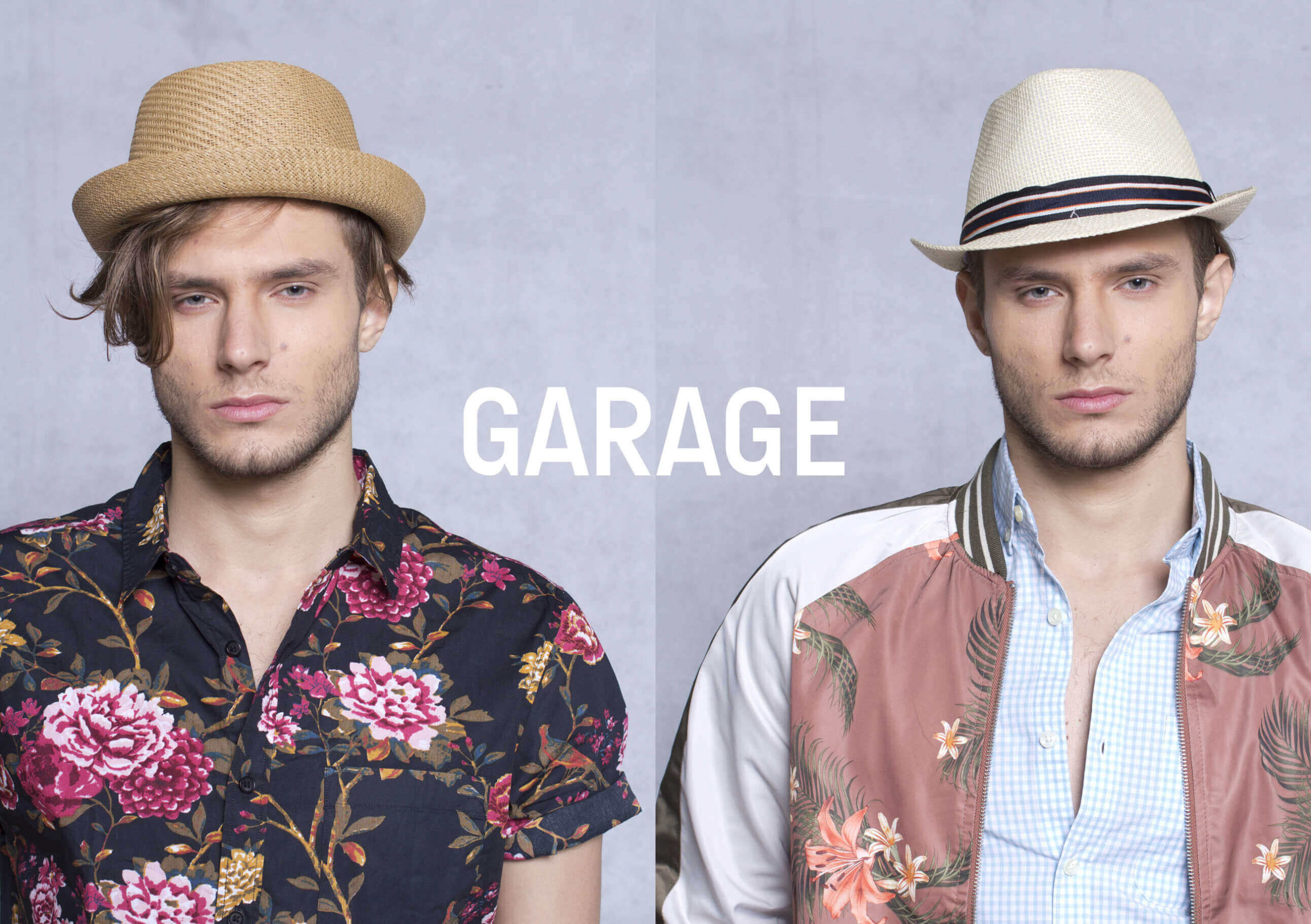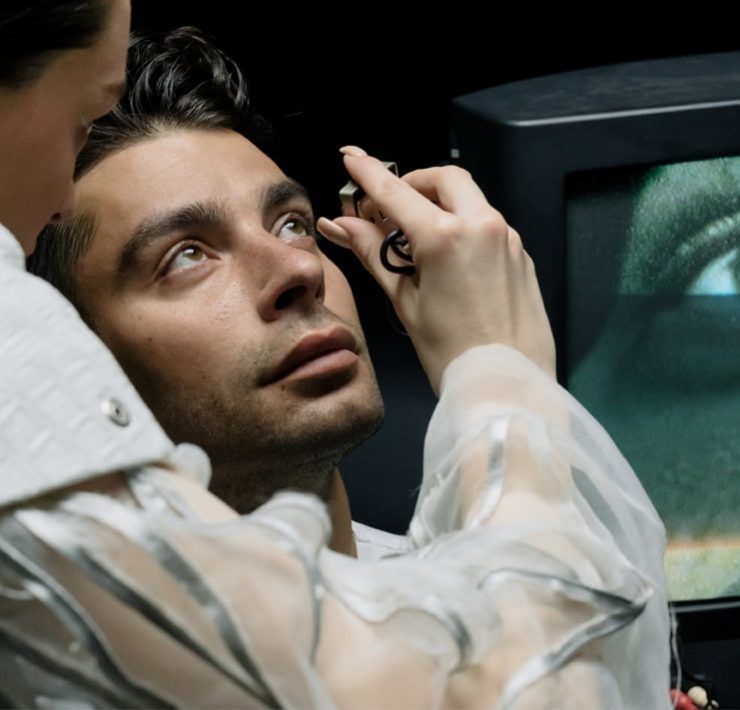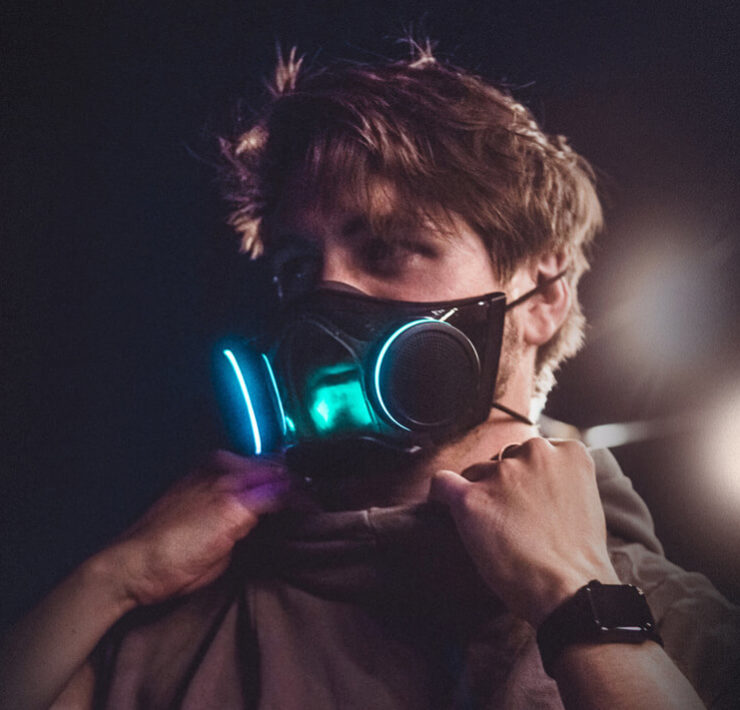When you snooze, you don’t lose
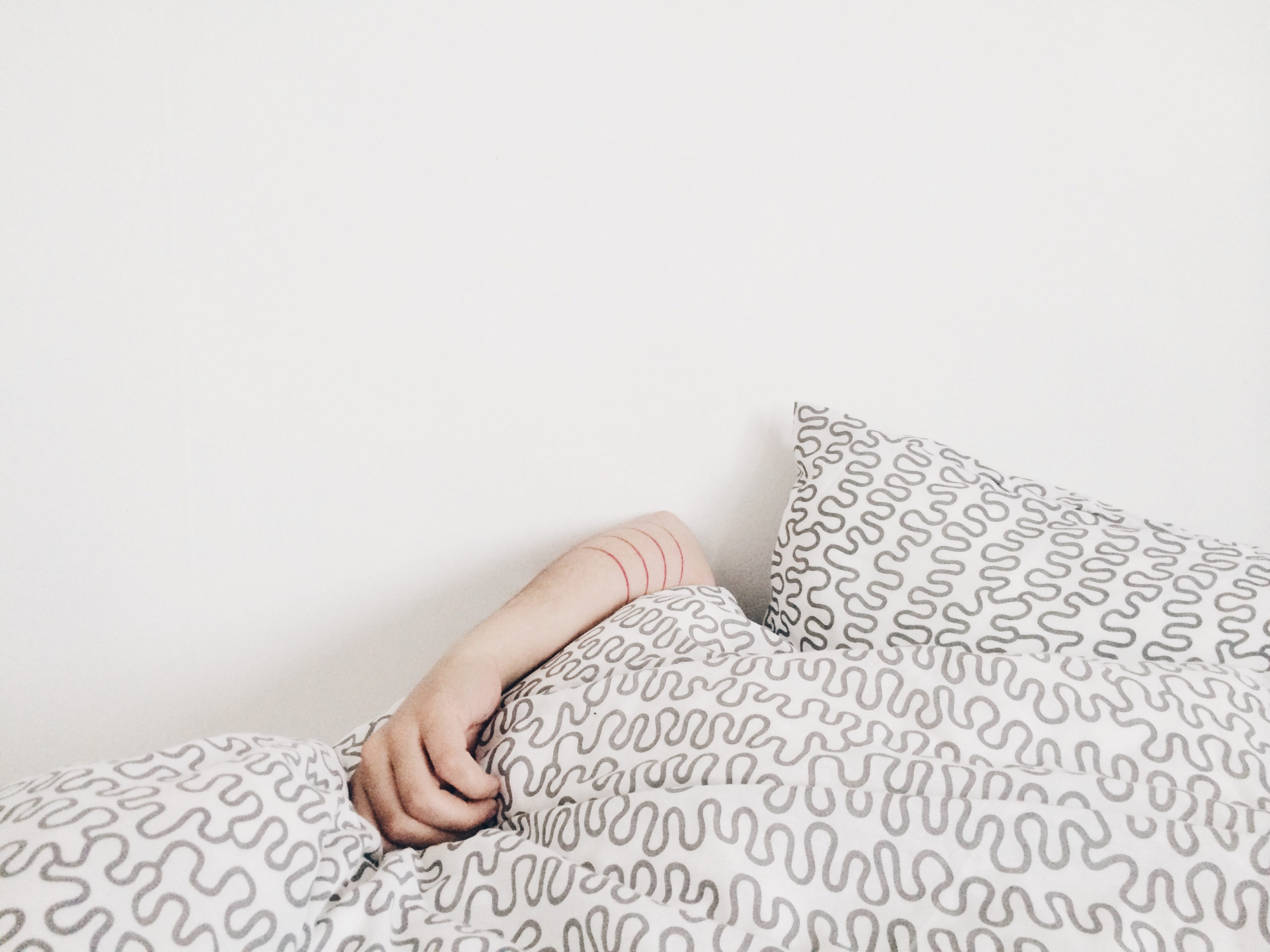
Do you treat chronic lack of sleep as a badge of pride? Do you revel in sharing how you survive on almost negative hours of shut-eye? Is #tired one of your most frequently used hashtags?
Then you need to quit these habits!
Seriously. Treating sleep as having a negligible function in the internet-enabled 24/7 grind of the modern world is extra dangerous hubris. “We perceive people who enjoy life as those who are out and up late at night, that those who often work overtime are ambitious and successful,” observes Manila Doctors Hospital pulmonologist and sleep specialist Dr. Rodolfo Dizon; he’s also a member of the Philippine Society of Sleep Medicine, a group of doctors advocating for the public to enjoy a good night’s sleep as often as they can. “But we should think seriously about the effects of sleep deprivation.” If FOMO fuels you to stay up late most nights, you’d be better off getting motivated by fear of missing out on necessary sleep.
Physically, there’s a laundry list of medical conditions caused by sleep deprivation: slower metabolism, a compromised immunity system, irregular heartbeat, increased blood sugar, and an increased risk of getting diabetes and suffering from a stroke, heart attack, and/or heart failure.
Lack of sleep also causes impaired memory, concentration, and comprehension skills, and studies have shown how sleep deprivation impacts crucial brain functions, raising the risk of developing bipolar and schizophrenic disorders, even Alzheimer’s disease. On a more immediate basis, we think more slowly when we’re sleep-deprived, thus decreasing the quality of our work and—more dangerously—making us more accident-prone. In fact, Dizon reveals, “drowsy driving is the most common cause of vehicular accidents in the US instead of drunk driving.”
Plus, we pretty much look like shit after a bad night of little sleep, as sleep facilitates increased mitosis or cell regeneration in the skin. And when we look like shit, we feel like shit, and that affects how we interact with others for the rest of the day.
We’re not ignorant of sleep’s necessity; ours is a culture that once widely respected and practiced siesta. But from merely denouncing lazy behavior with Juan Tamad parables, we’re now fully aboard the fast-living, rest-neglecting train that we don’t even noticehow sleep-unfriendly our lifestyles have become.

At the MDH Sleep Lab, Dizon encounters patients whose chronic sleep deprivation is caused by a variety of factors. “It’s determined patient by patient.” Sometimes it’s an involuntary situation, such as obstructive sleep apnea, or genetic factors that predispose a person to insomnia, which could get triggered by precipitating factors such as breakups, a death in the family, and other traumatic events. “But there’s also the perpetuating factor, which we address through behavioral therapy.”
He adds that the first step for getting better sleep is the acknowledgment of its importance to health. The second is providing more time and creating a conducive atmosphere for it.
Patients suffering from the more extreme end of the sleep disorder spectrum could get prescribed to take sleep aids, from over-the-counter herbal pills to more potent medication, “but personally, that’s the last line of management,” Dizon says. “People need to re-learn how to sleep properly, from preparation to the actual activity.”
Within 24 hours, eight hours are allocated for work, another eight for personal and social responsibilities, and the remaining eight ideally for sleep. “But given the traffic, work and social responsibilities extend up to 10, 11 hours, and sleep is easily the most compromised.”
From merely denouncing lazy behavior with Juan Tamad parables, we’re now fully aboard the fast-living, rest-neglecting train that we don’t even notice how sleep-unfriendly our lifestyles have become.
And it really shouldn’t be. Proper diet and exercise get credit as vital elements of good health, but both are pretty much hinged on proper sleep. “You can’t exercise properly if you’re tired, and when you stay up late, you tend to snack.” Dizon explains. Fitness trainer Anna Kaiser (clients include Karlie Kloss and Shakira) advises forgoing exercise for extra sleep after a restless night, and elite athletes and Olympians, from our own Hidilyn Diaz to the fastest man on earth Usain Bolt, have publicly stated the importance of sleep to their athletic training and performance. Sleep is just that important.
To hammer this home, Dizon reminds us, “We spend a third of our lives sleeping. Everything starts with sleep.”
Manila Doctors Hospital Pulmonary Physiology and Sleep Lab. (02) 558-0690.
This story originally appeared in Garage’s November 2016 issue.
Photos from www.unsplash.com







